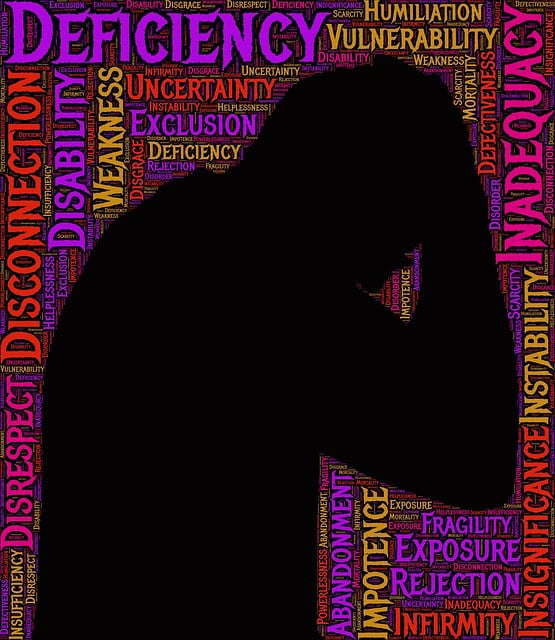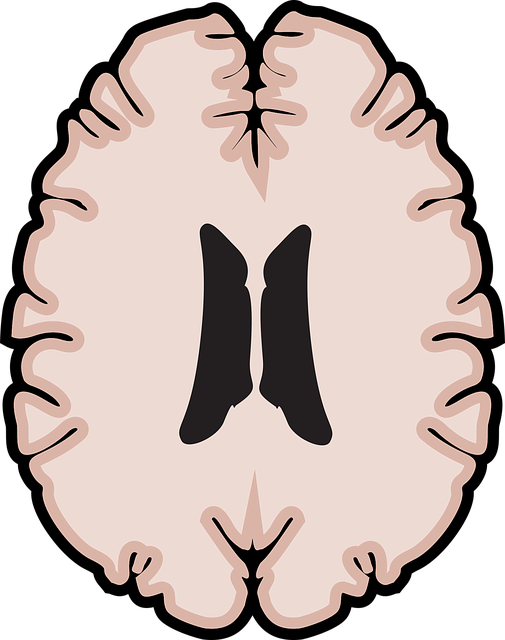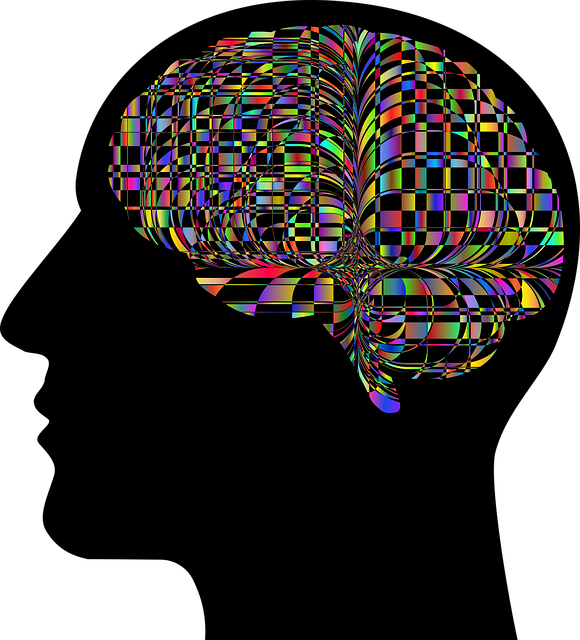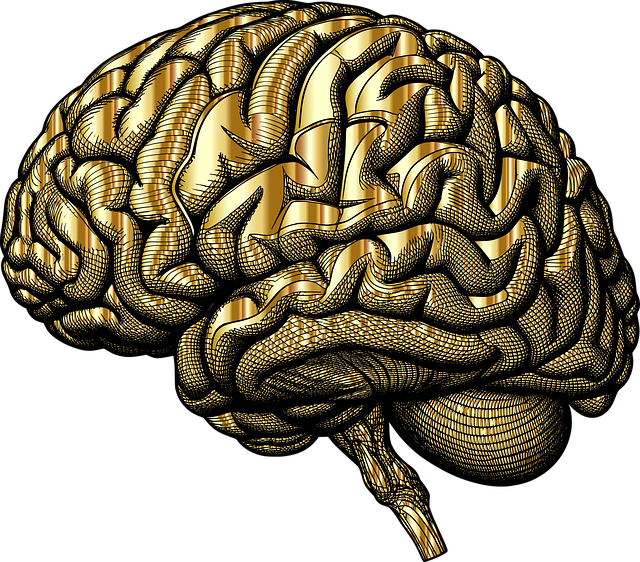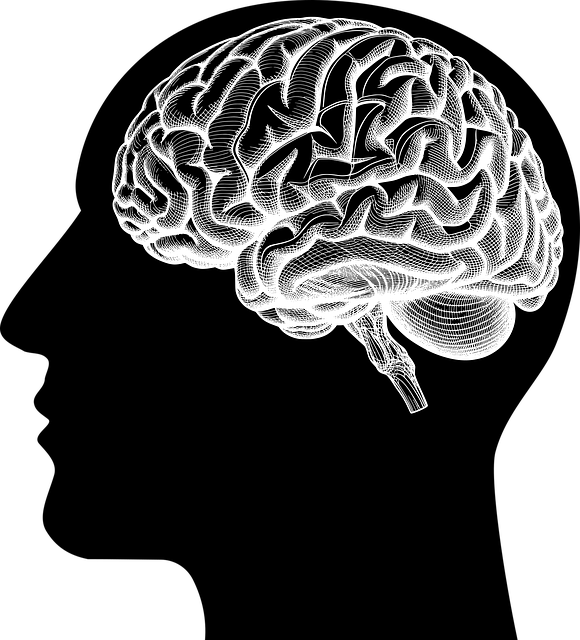Mental wellness is a holistic state that includes emotional, psychological, and social health, impacting daily life and overall well-being. Maintaining mental wellness involves managing stress, fostering healthy relationships, achieving personal goals, and adapting to change. For healthcare providers, recognizing its significance prevents burnout, with practices like Mental Wellness Journaling Exercise Guidance at Wheat Ridge Geriatrics Therapy offering insights into mental states and improving outcomes. Increased mental health awareness creates a supportive environment for both providers and patients. Wheat Ridge Geriatrics Therapy emphasizes building a robust self-care routine based on individual needs and preferences, incorporating relaxation techniques, physical movement, social connections, and culturally sensitive practices, with crisis intervention guidance resources available when needed. Personalized mental wellness routines enhance overall well-being through mindfulness, stress management, and resilience-building tailored to lifestyle and preferences, preventing burnout and improving healthcare interactions.
“Mental wellness is integral to overall health, yet it’s often overlooked in our busy lives. This article guides you through developing a self-care routine for mindful living, focusing on understanding mental wellness and its daily impact. We explore the building blocks of such a routine, emphasizing techniques from Wheat Ridge Geriatrics Therapy to customize your practice effectively. By implementing these strategies, you can enhance mental resilience and cultivate a balanced, fulfilling life.”
- Understanding Mental Wellness and Its Impact on Daily Life
- Building Blocks of a Self-Care Routine for Mindful Living
- Customizing Your Routine with Wheat Ridge Geriatrics Therapy Techniques
Understanding Mental Wellness and Its Impact on Daily Life

Understanding mental wellness is crucial as it directly impacts our daily lives and overall well-being. It encompasses emotional, psychological, and social health—a holistic state of being that affects how we think, feel, and act. Mental wellness involves managing stress, maintaining healthy relationships, achieving personal goals, and adapting to change. A balanced mental state allows individuals to navigate life’s challenges with resilience and maintain a sense of purpose.
For healthcare providers, recognizing the significance of mental wellness is essential, especially considering the potential for burnout prevention strategies. The demanding nature of their work demands self-care practices that extend beyond physical health. Incorporating activities like Mental Wellness Journaling Exercise Guidance can be transformative. By documenting thoughts and emotions, individuals gain insights into their mental states, enabling them to address any emerging issues promptly. This practice, coupled with increased Mental Health Awareness, fosters a supportive environment for both providers and patients, ultimately contributing to improved healthcare outcomes at Wheat Ridge Geriatrics Therapy.
Building Blocks of a Self-Care Routine for Mindful Living

Building a robust self-care routine is a transformative journey towards mindful living, and for those seeking mental wellness, it can be a powerful tool provided by Wheat Ridge Geriatrics Therapy. The foundation of this routine lies in understanding individual needs and preferences. It’s about recognizing that every person has unique triggers and calmers, whether it’s through mindfulness exercises, physical activities, or creative outlets. By taking the time to identify these personal ‘building blocks’, individuals can construct a customized framework for promoting mental health.
A structured self-care practice incorporates various components tailored to address specific aspects of one’s well-being. This could include setting aside dedicated time for relaxation and stress reduction techniques like meditation or deep breathing exercises, engaging in regular physical movement suited to individual abilities, cultivating social connections through community outreach program implementation, and adopting healthy sleep habits. Additionally, incorporating practices that resonate with cultural sensitivity in mental healthcare practice can make self-care routines more inclusive and effective. Crisis intervention guidance resources also play a vital role in ensuring individuals have access to immediate support when needed.
Customizing Your Routine with Wheat Ridge Geriatrics Therapy Techniques

Creating a mental wellness self-care routine is deeply personal, and customizing it to your needs can significantly enhance its effectiveness. Wheat Ridge Geriatrics Therapy offers valuable insights into tailoring practices that address unique challenges. Their approach emphasizes the importance of individualization, ensuring your routine resonates with your lifestyle and preferences. By integrating various techniques, you can create a holistic self-care regimen.
For instance, incorporating mindfulness exercises, stress management strategies, and resilience-building activities from Wheat Ridge Geriatrics Therapy can be transformative. These practices not only support burnout prevention but also foster cultural competency within healthcare provider interactions. Through customized routines, individuals can enhance their overall well-being, nurturing both the mind and spirit in a way that feels authentic to them.
Developing a mental wellness self-care routine is a transformative journey, and incorporating tailored techniques from Wheat Ridge Geriatrics Therapy can significantly enhance well-being. By understanding the impact of mental health on daily life and building a solid self-care foundation, individuals can take control of their mental wellness. Customizing this routine with evidence-based practices offers a path to fostering resilience, improving mood, and achieving a deeper sense of calm, ultimately leading to a more fulfilling and balanced life.
